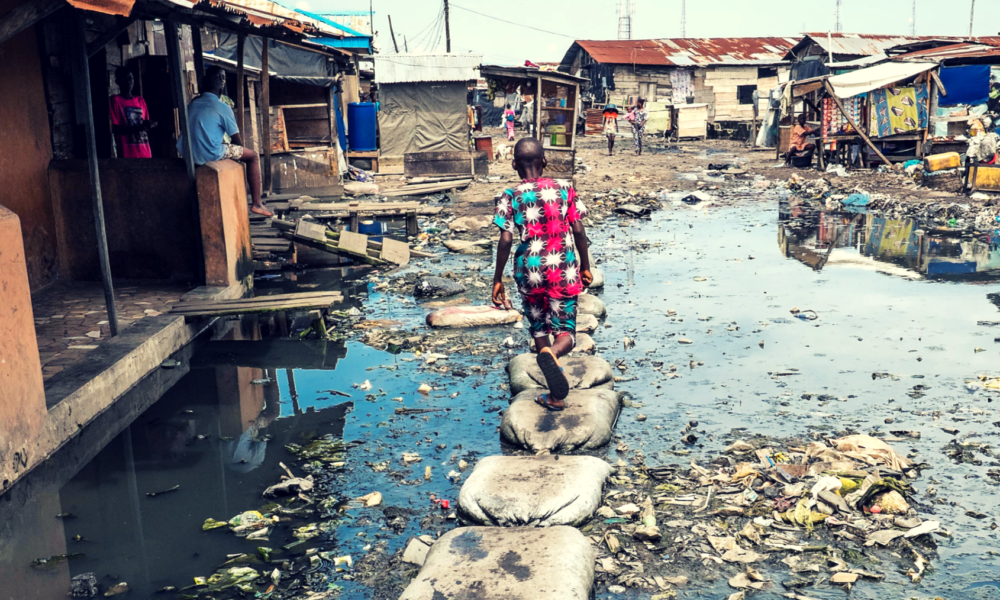Development
Poverty in Nigeria rises by 3% in 2021 —UN body report

The UN-backed report which took a look at the socio-impact of the Covid-19 pandemic crisis since 2020, revealed that the proportion of people living on less than $1.90 a day in Nigeria and the sub-region jumped from 2.3 per cent to 2.9 per cent in 2021.
It added that the debt burden of the countries increased amid slow economic recovery, shrinking fiscal space and weak resource mobilisation.
The report which was a result of study conducted by the Economic Community of West African States (ECOWAS) in partnership with the West Africa Sub-Regional Office of UNECA and the World Food Programme (WFP), stated that more than 25 million people across the region are struggling to meet their basic food needs.
Commenting on the report, ECOWAS Commissioner for Agriculture, Environment and Water Resources, Sekou Sangare, said the pandemic “annihilated the benefits gained in fighting food insecurity and malnutrition” in West Africa.
“Even if we are happy with the governments’ response through the mitigation actions they have taken, we have to worry about the residual effects of the health and economic crisis as they are likely to continue disturbing our food systems for a long time while compromising populations access to food, due to multiple factors,” Sangare said.
“The situation impacted income-generating activities and food prices in markets, with small traders, street vendors, and casual workers most affected.
“The deteriorating economic situation has adversely affected food security and nutrition in West Africa.
“More than 25 million people cannot meet their basic food needs, a nearly 35 per cent increase compared to 2020. People have been forced to sell their assets and livelihoods to get enough to eat,” he added.